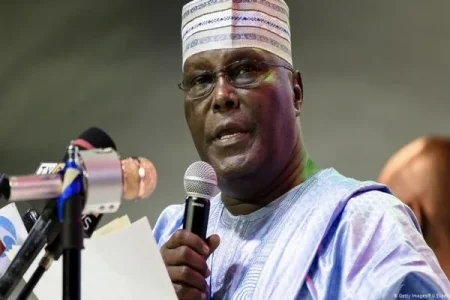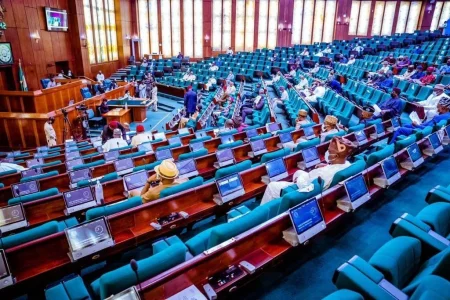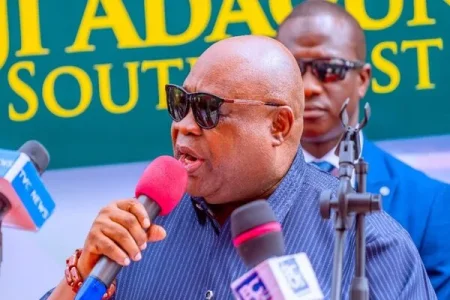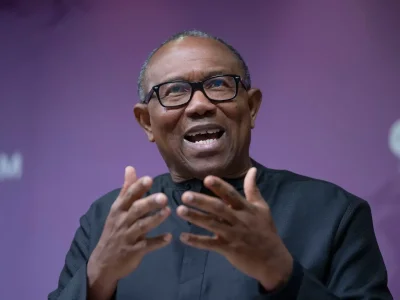
With Delta State's defection following Rivers and Akwa Ibom, Nigeria's once-dominant PDP has lost control of its key financial powerhouses, raising existential questions about the party's survival and potentially accelerating Nigeria's drift toward a de facto one-party system or a new north-south political realignment.
- Delta, Rivers, and Akwa Ibom—three oil-rich states that traditionally funded PDP operations—are now under APC influence
- Lagos State, Nigeria's commercial hub, remains firmly in APC control
- The PDP has lost access to the substantial financial resources needed to maintain national political infrastructure
- Without ideological distinctions between parties, politicians are likely to continue migrating toward access to power and resources
- Political observers note these defections follow money and position rather than policy differences
"In Nigerian politics, money flows upstream," explains Dr. Amina Ibrahim, political economist at Ahmadu Bello University. "When a party loses its financial centers, everything else follows—loyalty, membership, and eventually relevance. What we are witnessing is not just defections but a fundamental restructuring of our political financing system."
As PDP's financial foundations crumble, two possible futures emerge: Nigeria could accelerate toward a de facto one-party state with APC dominance unchallenged, or we might see a new opposition coalesce along regional lines, potentially creating a north-south political divide that reflects deepening tensions in Nigeria's federation. Which path emerges may determine the future of Nigerian democracy itself.




